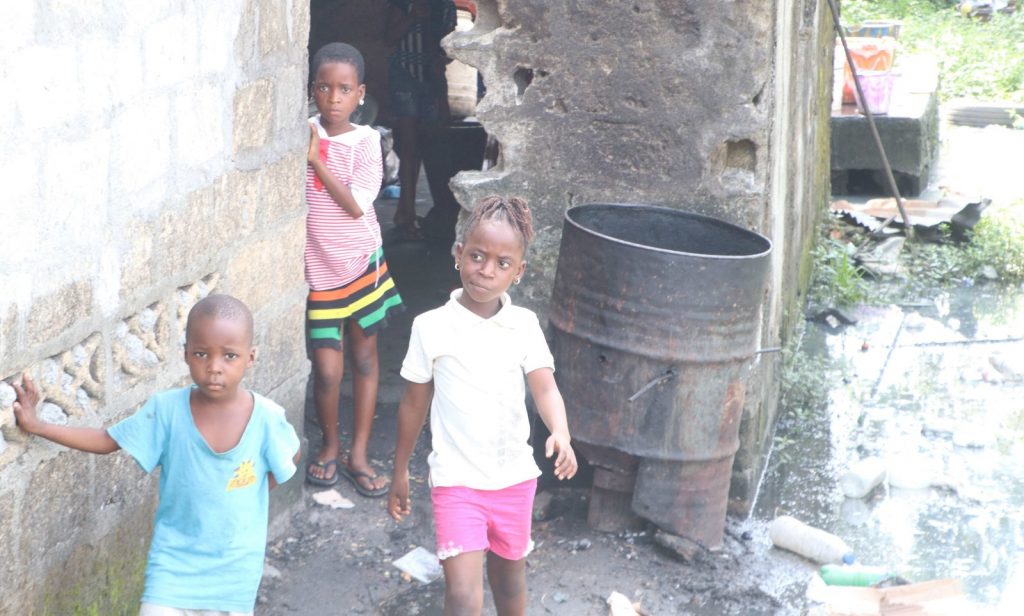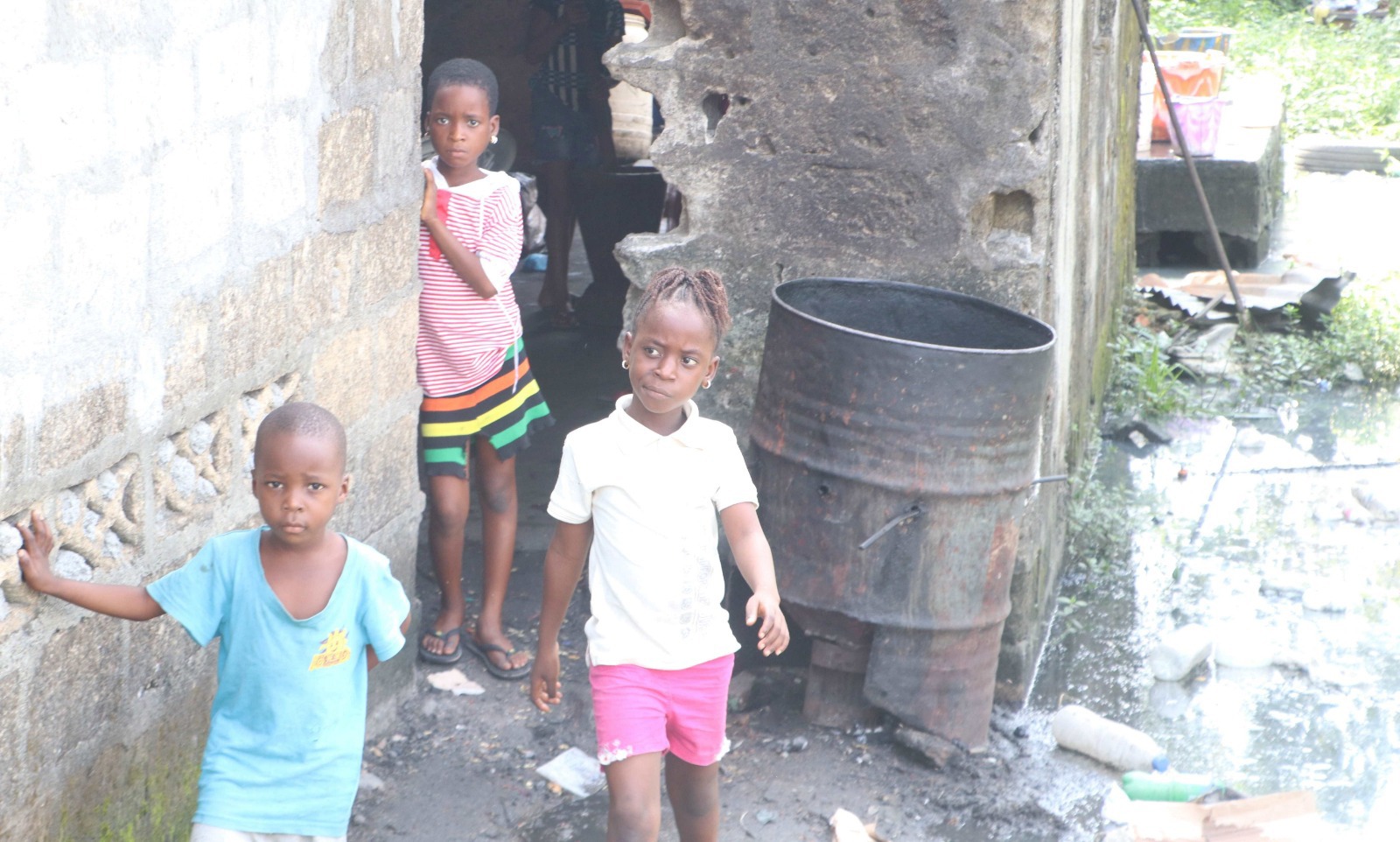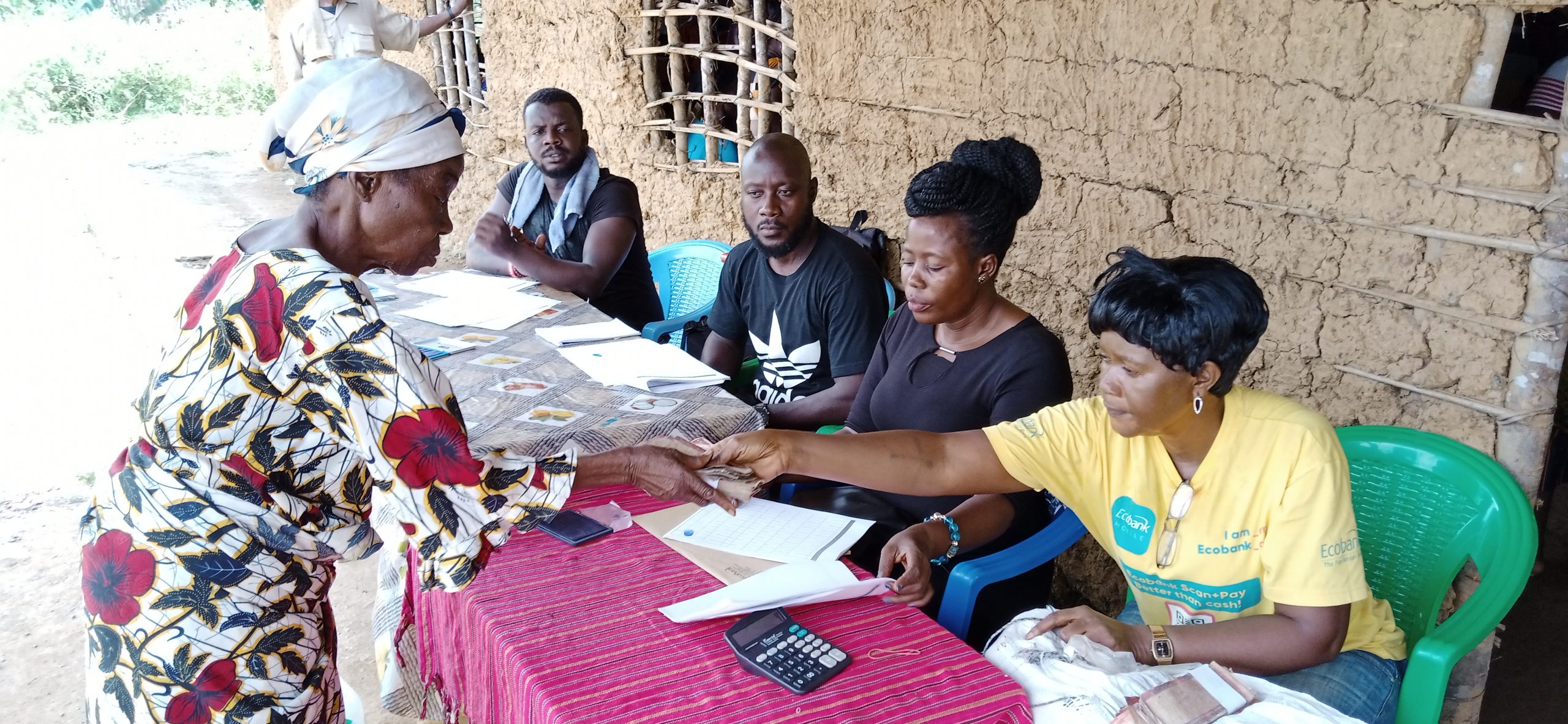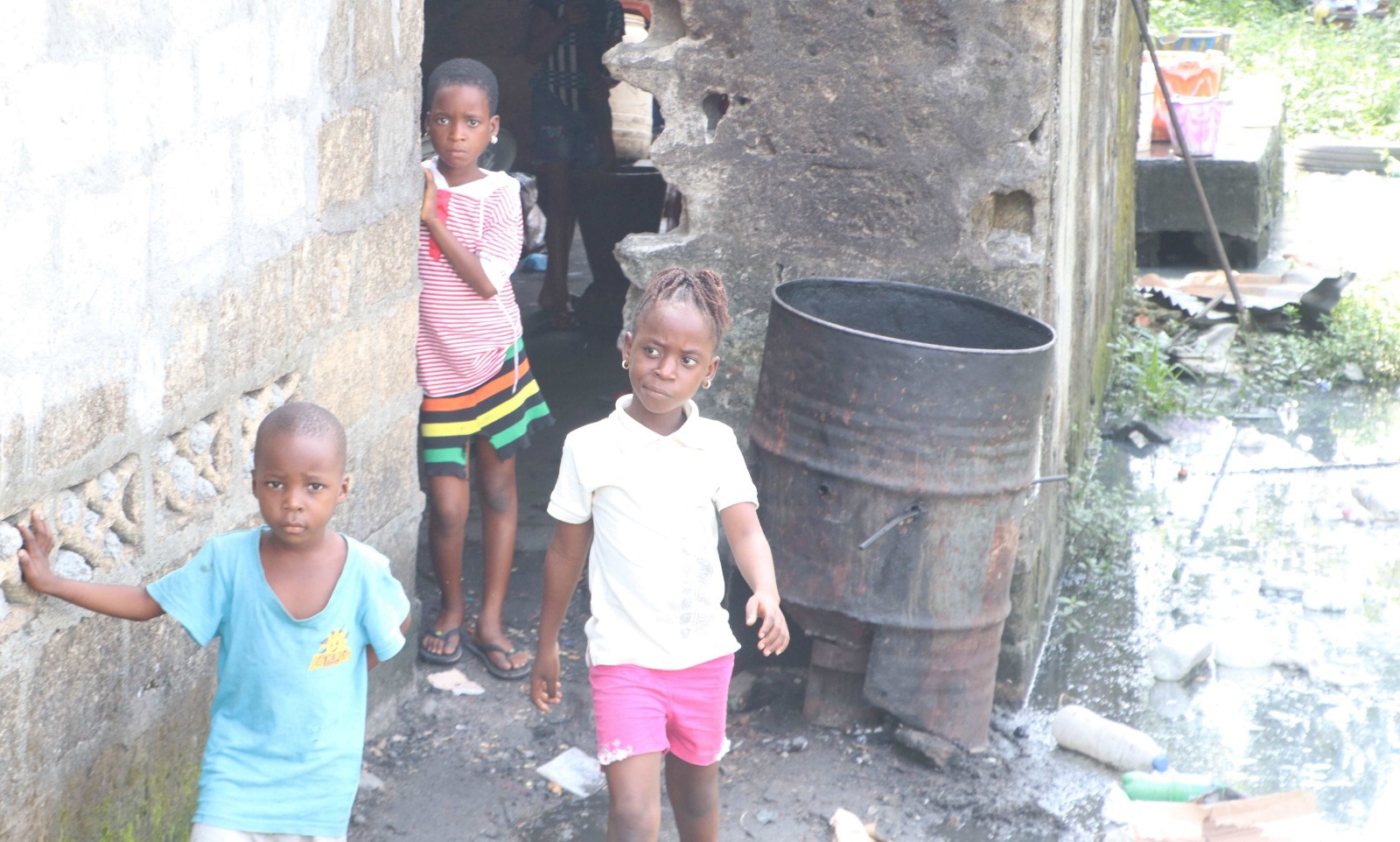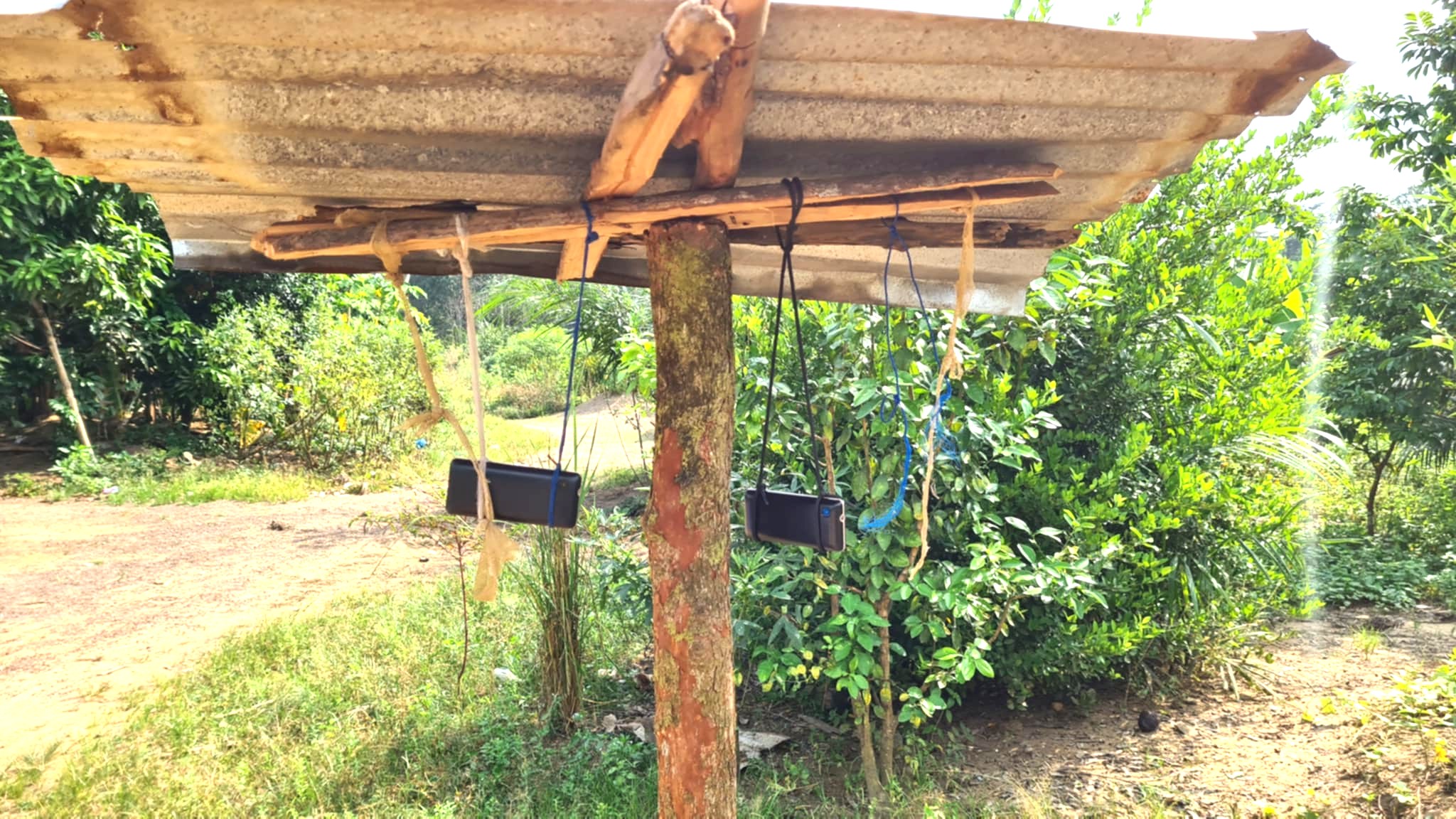In the dynamic landscape of social protection, the Liberia Household Social Registry (LHSR) stands as a beacon of progress and inclusivity. Developed under the wings of the Liberia Social Safety Nets (LSSN) project with support from the United States Agency for International Development (USAID) and the World Bank, the LHSR has swiftly evolved into a cornerstone of coordinated and targeted social protection efforts in Liberia. This innovative initiative has not only surpassed its enrollment expectations but has also paved the way for enhanced national coordination and impactful interventions.
With unwavering commitment, the LHSR has made significant strides, enrolling datasets for an impressive 252,662 households across Bomi, Bong, Nimba, Maryland, and Grand Kru counties. This remarkable feat not only exceeds the initial targets set for household enrollment but also exemplifies the dedication to encompassing a wider range of beneficiaries under the social protection umbrella. As the heart of Social Protection in Liberia, the LHSR serves as a comprehensive repository of critical data, enabling us to identify and reach those in dire need of support – often the extremely poor and food insecure.
Central to this transformative journey is the successful operationalization of the Social Registry Information System (SRIS) and Integrated Management Information System (MIS), two key pillars developed under the LSSN project. These sophisticated systems are not mere tools; they empower the Liberia Social Safety Nets Project (LSSNP), the Recovery of Economic Activity for Liberian Informal Sector Employment Project (REALISE), and social protection partners to streamline operations and ensure seamless delivery of services. This harmonization of efforts fosters efficiency and clarity, allowing the government to concentrate its resources where they matter the most—on improving the lives of citizens.
Looking ahead, the road ahead for the LHSR is promising. The forthcoming launch event, orchestrated by the National Coordinator of Social Protection, Aurelius Butler, and the REALISE project team, promises to usher in a new era of stakeholder engagement. This event aims to unveil the myriad possibilities that the LHSR holds, shedding light on how various stakeholders can harness its potential to create a brighter, more secure future for our communities.
Beyond this milestone, the journey continues. The LHSR will not rest on its laurels, but rather, it will evolve and adapt to the ever-changing needs of our society. As the REALISE project takes the baton from the LSSNP, the torch of progress will be carried forward. Utilization and enhancements of the LHSR will persist, encompassing data migration from diverse social protection programs, refining the user experience, and fostering dialogue around unique household identifiers. With biometrics, national identity cards, Voter ID cards, and more, the REALISE project will continue to champion the cause of inclusive and effective social protection, even after the closure of the LSSNP.
In a world of complex challenges, the Liberia Household Social Registry shines as a beacon of hope and progress. Its journey stands as a testament to the transformative power of coordinated social protection efforts, illustrating how data-driven innovation can revolutionize the lives of countless individuals and households. As we embark on this inspiring journey, let us not only celebrate the achievements thus far but also embrace the boundless potential that the LHSR holds to shape a more inclusive and prosperous future for all.
